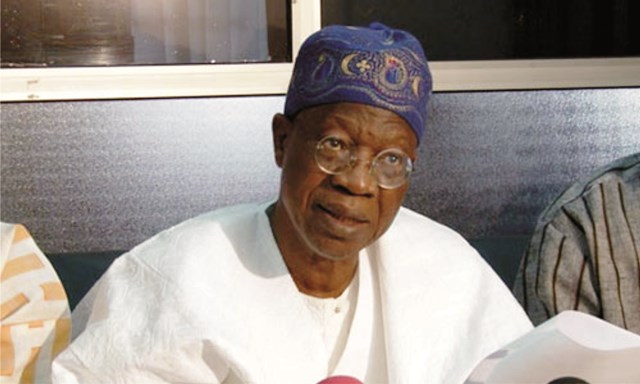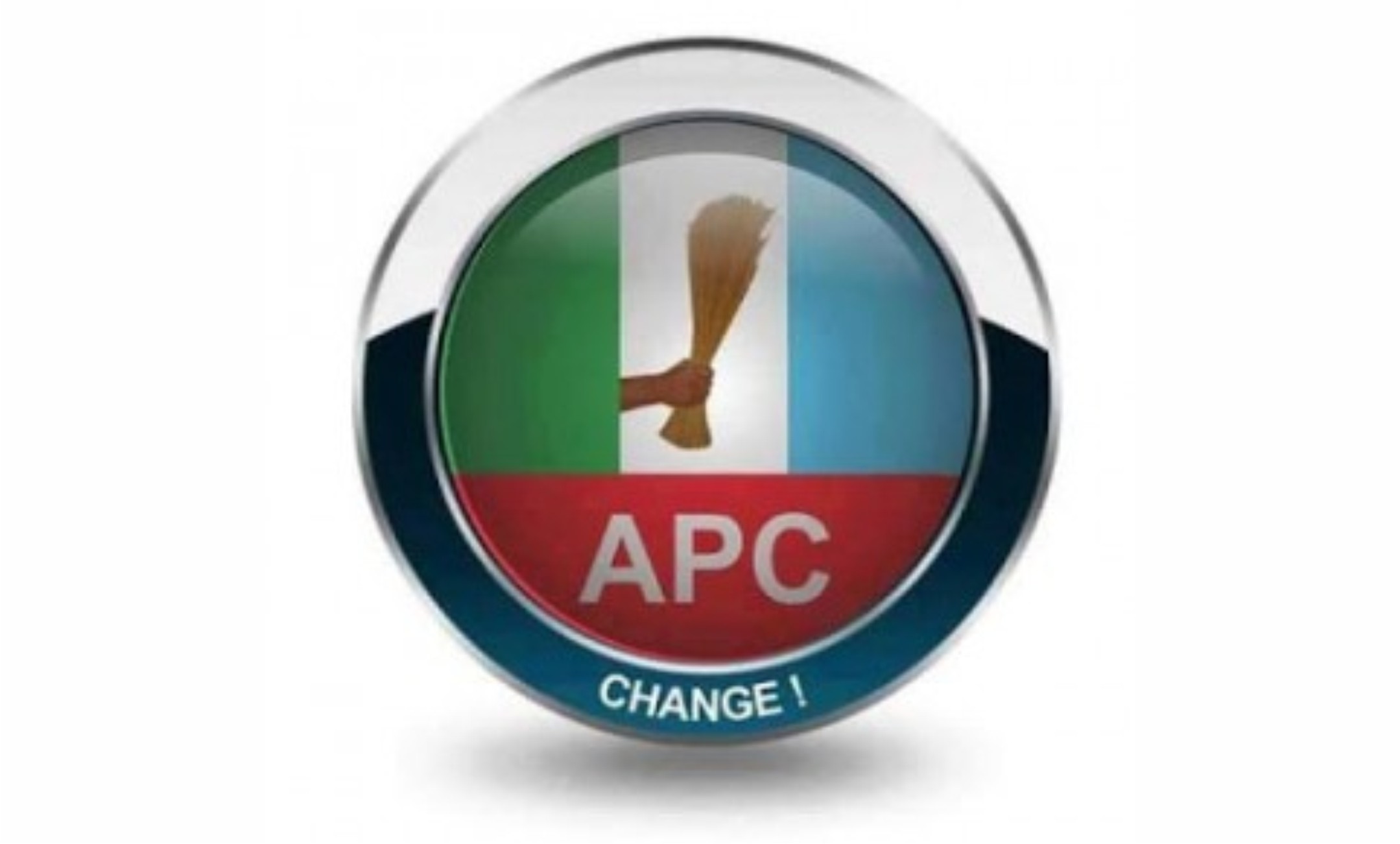Entertainment
Nigeria At 58: The Entertainment Milestone

As Nigeria celebrates 58 years of freedom from the shackles of British colonial rule, a retrospective view of the nation’s entertainment enclave in the past eventful years of independence reveals a vibrant and dynamic industry that basks in success despite odds.
Since independence on October 1, 1960, the entertainment industry has metamorphosed into a multi-billion naira industry that has contributed immensely to the growth of the country’s Gross Domestic Product (GDP), rebranding of the nation’s image abroad as well as employment generation.
The unprecedented growth of the industry over the years was made possible by various factors which include, public private participation, government landable policies and programmes, as well as investments and financial grants. One of such policies of the present administration is the granting of pioneer status to the industry and tax rebate for the practitioners and other stakeholders in the industry.
The laudable policy has enabled them to enter into interesting contractual relationships with no restrictive regulatory presence to contend with. The spread of digital technology such as higher level of internet access, increased penetration of smart phones and other social media platforms have ushered in a positive multiplier effect on the various entertainment out lets via-a-vis movie, music comedy, tourism, arts and culture and beauty pageants as well as the hospitality industry.
In the movie sector popularly known as Nolllywood, the growth had been tremendous from the era of late Amaka Igwe’s ‘Checkmate’, one of the most popular television soaps of the 1990s to the advent of the first Nollywood moive “Living in Bondage”, movies like “Diamond Ring”, “Out of Bound”, etc had generated buzz, pushing the actors and actresses into fame and wealth.
As at 2006, the industry realised in amazing N16 billion from record of 50 indigenous movies. The figure represented close to 30 per cent of the N3.5 billion generated from 28 cinemas across the country including movies from Hollywood of America, Bollywood of India Gollywood of Ghana and other countries.
Films like “the Wedding Party” , “A Trip To Jamaica”, ‘Okafor’s Law’ 93 Days’ and the CEO, all shattered box offices. Nollywood also made great impact in major international film festivals across the globe and attracted investors to the country.
According to the CEO of Iroko TV, Mr Jason Njoku, “the VC backed Video-On-Demand (VOD) plat form for Nollywood movies, “Nollywood can now be mentioned in the same breath as Hollywood and Bollywood producing about 1500 and 2000 films annually.
“Nollywood is the most hard working, brutal and dynamic of industries that Nigeria has spawned. It is an economic miracle that the industry has not only flourished, but grown exponentially, considering the conservative budgets movie producers have to work with as well as antiguated distribution that held the industry back for many years. Today Nigerian movies are ruling the movie world”.
In the music sector, the beat goes on as the sector has also become quite successful both economically and structurally. The period of 2004 to 2006 saw the Nigerian music industry explode in the African stage with hits like African Queen’, ‘Tongolo’ and ‘Nabaka’ by Chocolate City’s Jeremiah Jang among others. Some of the hardworking artistes of that period and after wards have become famous and rich through their talents and hardwork.
It was gathered that when M1, one of Nigeria’s foremost rappers released M12 he reportedly received a cheque of N2 million from marketers. In 2013 Burna Boy was said to have received close to N10 million for life within a month of its release, while the very successful duo of Peter and Paul of the now defunct P-Square, once told CNN that they made as much as $100,000 per concert in countries outside Nigeria.
Though these kinds of cheques or money are not the flow but they indicate the kind of money that contemporary artistes flow,. The proliferation of these songs and the culture that of flow in them is a force that is irresistible even though we don’t understand the meaning of some of them like ‘Shoki’ Alingo’ ‘Skelewu, ‘Sekeni’ and ‘Skelemba’ etc.
In spite of its short comings such as jaded content, the dismal collection and administration of royalties and piracy, it is undeniable that the Nigerian music has scaled the heights that were only imaginable by prominent acts of the former decade.
The previous artistes only made money from record sales and live shows, but today, the channel has expanded like Magic the present day artistes now make money through social media platforms, endorsements, syne licencing, call, ring back tunes, concerts, tours and other business ventures.
Innovation in technology is a contributory factor to this novel / phenomenon. According to the co-founder of Chocolate City, Yahaya Maikori, “you cannot have selling records as your business model any more, if you do, you are bound to fail, music has become a promotion too. You do the music and get it out there with the intention to build a brand and then make money from related sectors, music is not the end any more, it is more or less the means to an end.
“Previously when you sold records that was the end, presently, the strategy is to put the music out, if it catches, you loverage on the popularity to across sell, so if the people love your music, they will probably like your shoes or patronise the service provider you endorse, music is no longer a property, but a service”.
There is a new wave of cultural awareness and positive identification of Nigerians locally and in disapora. These days people even speak Nigerian slangs which was not always the case and there is a resuscitated pride in the Nigerian identify. In 2014 CNN conducted a world wide poll on the ‘sexiest accent”, and the Nigerian accent ranked 6th. CNN then wrote: “Dignified with just a hint of willful naivette’, the deep rich ‘ohs’ and ‘Ehs’ of Nigeria bend the English language with out breaking it”, kudos to our innovative music stars.
Comedy has also evolved as a profession in Nigeria today, from court jesting to stand up comedy. There is a flourishing humour industry in the country, it is the next thing after Nollywood, the principal explanation being the ubiquitous adulation of such hunour prenures like Alibaba, Basket Mouth, AY, Julius Agwu Klint D’ Drunk, Okey Bakasi, I Go Dye, Princess Teju Baby Face, Mr. Ibu Skits etc.
So successful have these humour impressaries become that few will grace a thirty minute event and smile home with millions of naira. They are interestingly in top demand in several countries outside Nigeria, but the situation was hot like that in the 80s. the personalities of the era of clowning, mockery, ridicule and satire were Jagua, Danjuma, Gringory, Baba Sala, Baba Aluwe, Zebrudaya etc. Today the importance of humour in Nigeria is such that a successful comedian is another name for a successful Nigerian elite.
tourism is another money spinning industry in Nigeria attracting about N80 billion annual revenue. The important roles of the tourism sector in the socio economic development of any nation cannot be over emphasised. Although some of the tourist sites in the country are not well developed, because it is operating below capacity, tourism remains the fastest growing industry in Nigeria and globally.
The tourism sector also offers the opportunity to lessen the nation’s over dependence on oil revenue, if properly harnessed, as the country boasts of long stretches of exotic beaches, high mountains, well preserved tradition, culture and other enchanting tourist attractions like the slave routes historic artifacts etc.
Over the years, arts and culture had played prominent roles in the nation’s economy, there is a close affinity between tourism, arts and culture. The National Council for Arts and culture is developing the Nigerian culture to become the country’s income earner. Already it has produced some artifacts under waste to wealth scheme, which has attracted global investment and revenue.
It would be recalled that in 1977 the world converged on Lagos-Nigeria for the World Black Festival of Arts and Culture (FESTAC 77) which was goodtime arts were thriving in the country, a period a lot of revenue was generated for the country as a result of promoting and showcasing the country’s rich cultural values, since then, enough has not been done to attract such magnitude of tourists. We need to be proactive instead of paying lip service to the development of the sector because a country that does not preserve its cultural heritage risks losing its identify.
Another interesting aspect of the entertainment industry is beauty pageants which had promoted the culture and tourism potentials of the people and also generated revenue for the country. On the importance of beauty pageants to the economic and socio cultural development of the nation, a Nigerian beauty queen and Zonal Director Miss Commonwealth Pageant Uk, Miss Amaka Oguchi, in a media chat said: “It is quite sad that Nigerians don’t understand the impact a beauty queen can make as a spokes person . she can be a strong weapon used to a waken a sleeping giant (tourism). It is not surprising that beauty pageant show case a country’s fashion sense which is still geared towards promoting its cultural and tourism values.
Nigeria over the years has gained immensely from several national, regional and interventional beauty pageants won or hosted by the country. Nigeria gained global acclaim and revenue when she produced the first ever black African Miss World Agbani Derego. Since then Nigeria has been identified with beauty pasgcants globally.
It is therefore no gain saying the fact that since indepence in 1960 the entertainment industry has recorded awesome mile stones and remains the eggs that lays the golden goose for the nation. This is evident in the recent report by the price water cropor (PWC) which states that Nigeria entertainment and media industry will grow to $8 billion by 2019.
However it is not yet uhuru for the industry as we still need to exploit the gains from Nigeria’s integration into the technology driven global economy.
Jacob Obinna
Entertainment
Davido Narrates How His Song Became President’s Ringtone
Nigerian megastar, Davido shares how his father recognised that his music was getting big.
Davido says his hit single ‘Dami Duro’ was the president’s ringtone
During an interview with newsmen, Davido spoke on the early days of his career and how he eventually got his father’s approval to make music.
The Grammy nominee shared the familiar story of how he left school in Atlanta and returned to Nigeria to pursue music without his father’s blessing which later led to his business mogul dad getting him arrested.
“I don’t think he did not want me to do music, he just wanted me to be successful as whatever I did because he got a blueprint for me already,” Davido said on his father’s early reaction to his decision to make music.
“He is so supportive and he checks on everything…My dad picks my album. When I am done, I send him all the tracks and my dad goes through all the records and gives me a paragraph each,” Davido narrates the personal interest and support his Dad gives him.
“My dad gave me the name Davido…The first show I did, he arrested me, the fans, the promoters,” Davido said laughing as he narrated the story of how his father got him arrested after he returned to Nigeria without his consent and had his first show as a 17-year-old. “He just wanted me to finish school,” Davido added about his father’s insistence that he get a university degree.
The three time Grammy nominee was asked when his father recognised that his music was getting big and he revealed it was when his hit song ‘Dami Duro’ was the president’s ringtone.
“When my song was the president’s ringtone,” Davido said.
While he did not mention the president or the country, Davido is likely referring to the exploit of former Nigerian president Goodluck Jonathan who was the head of state between 2010 – 2015.
During the interview, Davido also mentioned his plans as a businessman beyond music. He revealed he had a production house called Coco House which he describes as a media house for creatives. He also added that he intends to get into crypto.
Entertainment
Funke Akindele’s New Film Premiers, Dec
Nollywood actress and filmmaker, Funke Akindele has announced that her upcoming film, Everybody Loves Jenifa, a spinoff from the Jenifa franchise will premiere in December.
“Been long you saw Jenifa!!!!” Akindele said.
While a December premiere is confirmed, details on the film remain unknown. However, the new title, Everybody Loves Jenifa, suggests a potential return to the core elements that have made the franchise popular. With Akindele leading the creative team, viewers can anticipate the return of familiar characters and humorous storylines.
The sitcom, Jenifa’s Diary has been a major Nigerian television show since its debut in 2015. The series centres around the main character played by Akindele, and has featured Folarin “Falz” Falana, Lolo, Juliana Olayode, Lota Chukwu, Paschaline Alex Okoli, and late Aderounmu Adejumoke.
The Tide Entertainment reports that it has also had spin-offs and sequels like Aiyetoro Town (2019), which is set in Jenifa’s village, and Jenifa on Lockdown (2021).
Akindele played Jenifa in the first film in the franchise, Jenifa (2008), a village girl who travelled to the city in pursuit of fortune. Muhydeen S. Ayinde directed the movie.
The movie was nominated for four Africa Movie Academy Awards in 2009 including, Best Original Soundtrack, Best Actress in a Supporting Role, and Best Nigerian Film. For her performance in this movie, Akindele took home the Africa Movie Academy Award for Best Actress in a Leading Role.
Entertainment
Halliday Attributes Collaboration Hindrance To Sentiments, Others
The convener, South South Media Week, Tammmy Halliday has attributed the lack of unity and collaboration in the PortHarcourt entertainment industry to sentiments, baggages and trust issues.
He made this known yesterday, during an interview with newsmen in Port Harcourt.
According to him, some things that spur baggages are family background, personal experience with colleagues or other people, saying that when someone has been reaped or used by any of his colleagues or someone else, he might not want to work with some other persons because of trust issue.
This goes along with baggages, where he now sees his other colleagues as one and same with the one who used him and so this continues to hinder collaborations in the industry.
He advised that as an entertainer you should get better, visible and exposed as the industry required.
He said that the key factor that can help collaboration is growth, explaining that growth would make entertainers live beyond baggages, adding that if you are good at what you do, and know what you want and where you are going with it , then you are good to go.
“You can seek an advice from a legal practitioner, professional or a senior colleagues to ensure that you (entertainer) get it right.
It is not a bad idea to serve or work with someone, because you serve to rise in the industry. You have to be well rooted, but, you should be able to know want you want and where you are going with what you do, this will help you move on, when it is no longer working for you, otherwise, you will remain there and keep complaining and then it gets to that point where you begin to see that person as a reaper,” he said.
Mr Halliday who also do corporate social responsibility award via his platform, South South Media Week stated that critical communication is important in any situation, with a critical approach, no doubt you will always be on the right track.
Speaking on criteria for awarding awards, he maintained that it is on numbers, affiliations, fanbase, followership, association and sales of the person or organisation in question, saying that these also works for collaboration with an artiste, because they are factors that facilitate growth in the industry.
Categories of award that are awarded through the platform includes, entrepreneur award of the year, innovation award of the year and others.
Nancy Briggs
-
News4 days ago
German Police Arrest 11 Nigerians For Dating Scam
-
Opinion4 days ago
Let The Poor Breathe
-

 Nation1 day ago
Nation1 day agoSDP National Chairman Lauds FG’s Efforts To Tackle Insecurity
-

 Breaking News23 hours ago
Breaking News23 hours agoTanker Inferno: We’re Saddened By Extent Of Carnage -Fubara
-

 Politics22 hours ago
Politics22 hours agoAPC Calls For Oyo LG Poll Cancellation
-

 News4 days ago
News4 days agoCourt Vacates Arrest Warrant Against Ehie, Five Others
-
Nation4 days ago
Monarch Hails Fubara Over Road Project
-

 Rivers1 day ago
Rivers1 day agoPolice Arrest Vigilante Commander, Others Over Robbery In Rivers

